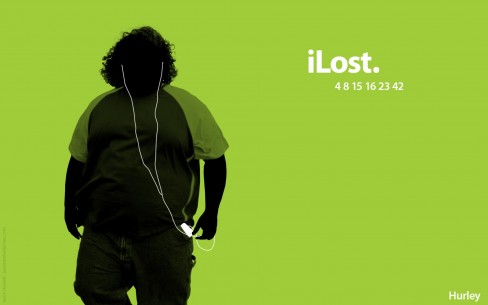I did not cry during last night’s series finale of LOST. I did watch with a couple friends, text a few others, and spend the morning reading reviews on my smartphone. Two of these things were wholly enabled by the digital age. In a way, LOST, more than any other show, has brought the utility of the digital age to a wide swath of viewers for whom terms like “transmedia storytelling” sound completely foreign. If the show has a legacy, other than launching the careers of several talented and deserving actors, it is of Big Media playing in the sandbox of the internet… just a tiny bit… with one of its major properties.
The head writers of the program Carlton Cuse and Damon Lindelof, hosted a weekly podcast, and were interviewed by bloggers just as often as print journalists. Between seasons, the show regularly released web videos which spread virally among hardcore viewers. There was the obligatory video game and the fake websites for corporations depicted in the show. But also the slew of internet handles and urls co-opted by fans. The show itself played on abc.com as well as hulu.com later on. And for less scrupulous viewers (read: me) the show was seen just as often via digital downloads. And then there was the Big One, the Lostpedia — a wiki completely created and maintained by fans of the show, the central repository for all relevant information: theories, mythology, character bios, etc.


Viewing pattern for LOST in 6 acts:
Seasons 1 & 2: DVD
Season 3: iTunes subscription
Season 4: (Writer’s strike) Broadcast + abc.com
Season 5: BitTorrent + DVR
Season 6: Hulu + BitTorrent + Broadcast
An Episode Ruined:
When #Desmond was a trending topic on Twitter, but did not appear in the episode until the very last minute.
the Times chips in on this phenomenon.
http://vimeo.com/11851275

The End:
With the Super Bowl-like atmosphere surrounding the series finale last night, an old-fashioned live-with-commercials broadcast was the only way to put it to bed. Nor did it feel anachronistic when so many of us were tweeting and texting friends. We are a platform-hopping audience. Yet, as with the time-shifting characters on the show, that need not take away from the value of a shared experience. It might even help bring us together.
